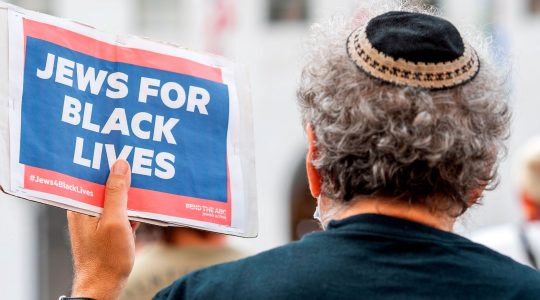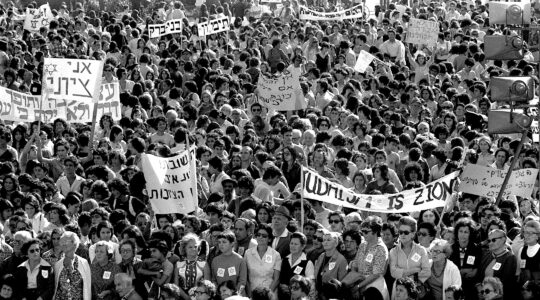The experience of an intellectually serious student in the 21st century is a lonely one. On college campuses, the greatest passions soar not in response to encountering Plato or Hayek for the first time, but in response to calls for censorship, “safe” spaces, and the stifling of debate. In the name of human rights, justice, and liberty, the majority of students on campus today believe themselves to be the teachers: they are sure that history up until just recently was entirely orientalist and racist and cruel, and they know — boy, do they know — which causes are right and which are wrong. In this environment the traditional goal of education: knowledge, has been replaced with a new goal: solidarity. The desire to know has been tucked under the desire to reform, to defy, to break.
This is not to deny that Western societies have done much that is worthy of condemnation, and it is not to say that many of these modern causes — the fight to end mass incarceration, to accept transgender individuals, to grant Palestinians a state of their own — are less worthy than other valiant social movements in the past. The problem lies not with the activities, but with the activists. There are two ways, fundamentally, in which to embrace a cause. One — the kind embodied by today’s activists — is defined by intolerance, surety and rage.
The other is defined by the kind of values that The Jewish Week and its honorees represent.
The Jewish Week cannot be faithfully described without noting that it is a challenger and reformer. At its helm, Gary Rosenblatt has set the gold standard for Jewish journalism, taking on those in the Jewish community who do not deserve our collective intellectual or moral respect. But there is something gentle in the paper’s approach. The Jewish Week’s editorial positions and news analyses touch on the topics most sensitive to its readers with grace and understanding. The paper values communal progress, but it values intelligent progress — the Burkian kind that Democrats and Republicans and Israelis and most other people no longer channel. It does so by respecting the foundations on which it has been built, and recognizing the legacies of those who built the community into which it has been born. It is a thoroughly honest staple of the Jewish community, during a time in which honest staples exist almost solely in black and white movies and yellowed books.
And there is no greater honest voice in the Jewish intellectual realm, and more broadly in the American political and literary realm, than its honoree Leon Wieseltier. I admit that I am Leon’s nephew, but I say this precisely because he is my uncle: I have had the rare privilege of watching his mind work firsthand and for many years, without the blindness with which sons naturally tend to embrace their fathers but with the closeness and veneration of a dear family member. This somewhat unique vantage point has allowed me to glean one thing most clearly: whatever position Leon takes, he approaches each thing he writes — indeed, each sentence and each word — with honesty, sincerity, and a deep sense of history and tradition — and the burdens that come with it. It is telling that even those whom he has torn to pieces in his pages know with certainty that he thought seriously about and wrestled deeply with every word and idea. This is the hallmark of a genuine thought leader.
The loud voices on campus today would do well to learn from the likes of The Jewish Week, from Leon Wieseltier, and from Rabbi Haskel Lookstein. The causes students today champion would go much further if they were considered more critically, and approached with more humility. I, in my formative years as a young student, had the privilege to learn from The Jewish Week’s ways. If not for my participation in Write On for Israel almost eight years ago, I may have never been tempted to act on the issues that matter to me most. The brilliance of Write On, to me, was that in its training to be an advocate it never shied away from the complexities, never glossed over the facts that are irreconcilable with a narrative that many of us hold dear. The creators of Write On understood that real advocates are not thoroughly sure of their cause and are willing to question their own beliefs. How refreshing, indeed, to find such a program in today’s world.
Undoubtedly, The Jewish Week and its honorees will over time take on different issues, with different positions, and different ideas. We may not always agree with them. But they have left no doubt in our minds about the kind of values they hold dear. They are the right kind of challengers and crusaders. And we are blessed for their presence on the stage we share.
Joshua R. Fattal is an ASPIRE Cybersecurity Scholar at NYU School of Law. He was a Jewish Week “36 Under 36” awardee in 2013 and a recipient of the Write On For Israel alumni award in 2014.




